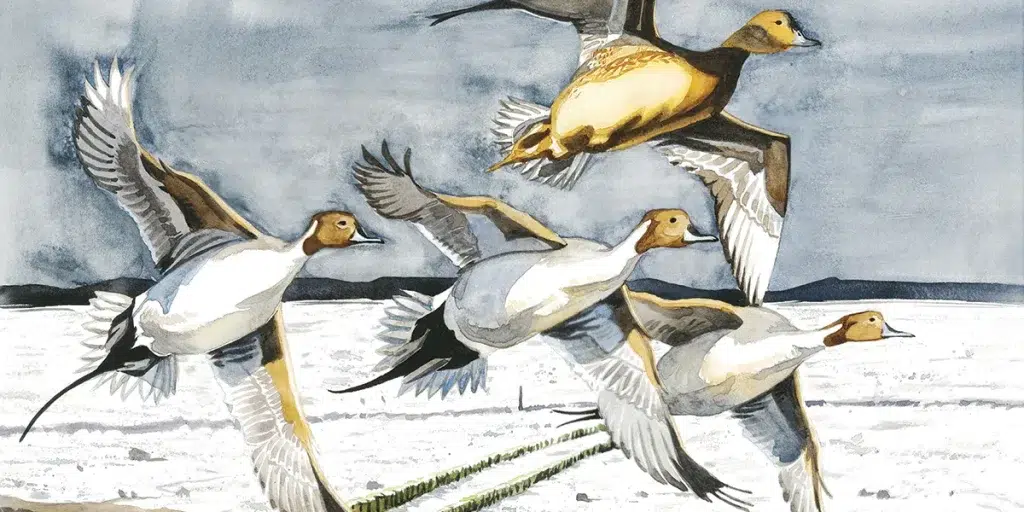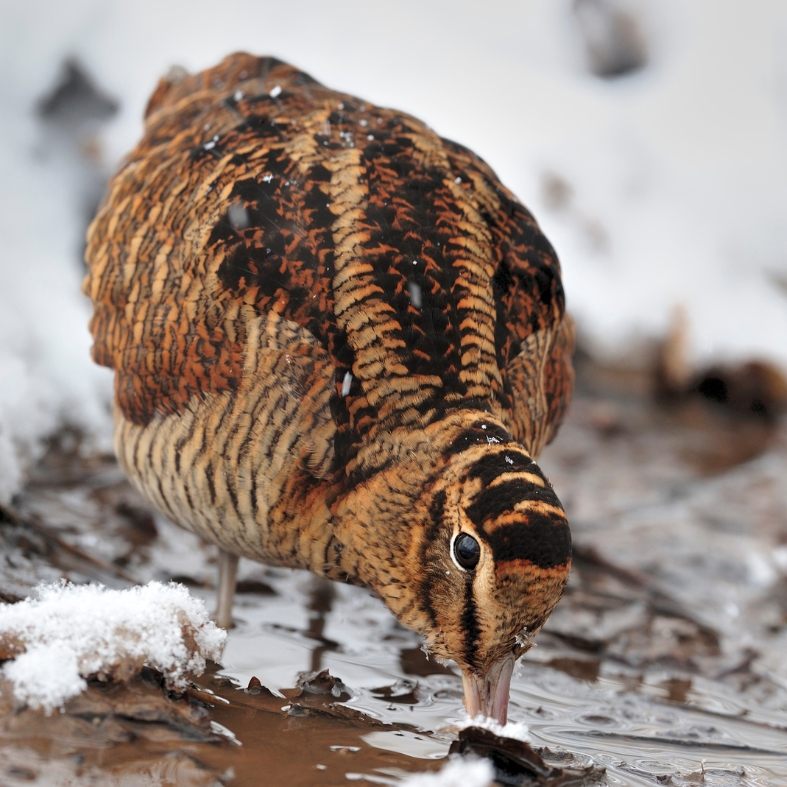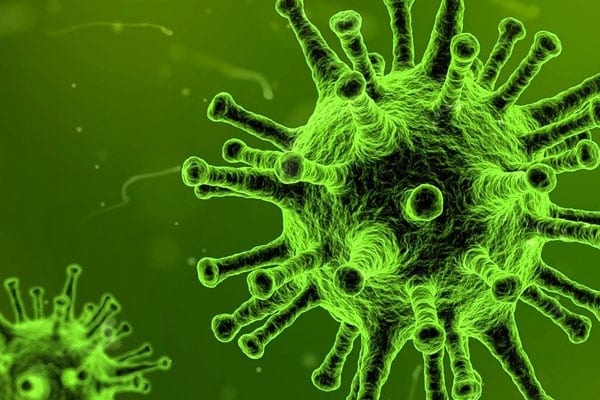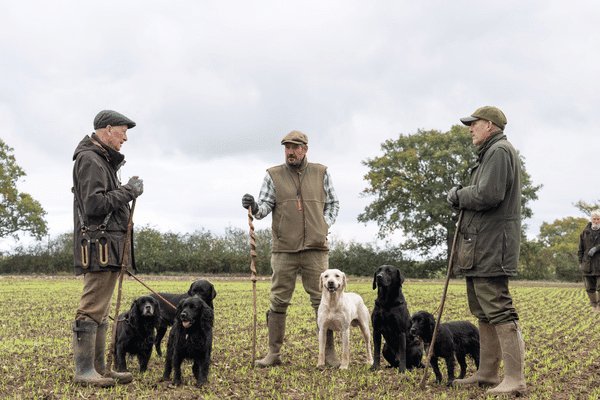
Buy BASC Wildlife Fund merchandise and win a wildfowling trip
Buy your 2025 BASC Wildlife Fund merchandise and you will be entered into a prize draw for an unforgettable day of wildfowling.
Get information on the legal shooting season for mammals and birds in the UK.
Apply for funding for your project or make a donation today
Comprehensive information and advice from our specialist firearms team.
Everything you need to know about shotgun, rifle and airgun ammunition.
Find our up-to-date information, advice and links to government resources.
Everything you need to know on firearms law and licensing.
All the latest news and advice on general licences and how they affect you.


The shooting sector has showcased that, with the right information and collective will, we can make changes to the sport without regulator pressure. The changes to the way we now shoot woodcock are an excellent example of this, says BASC senior science advisor, Dr Cat McNicol.
New research shows that more than 90 per cent of woodcock are harvested after November. This is the unsurprising result of an ongoing collaborative campaign to protect our breeding population. The woodcock population has suffered ongoing declines in the UK. This was mainly due to habitat loss, predation and climate change.
However, according to the latest survey results, it may now be starting to recover in some parts of the UK. Meanwhile, the migratory population, which arrives in late autumn, is listed as of ‘least concern’.
To protect the resident population, BASC has always recommended a delay of shooting woodcock until late November. This is after the majority of migrant birds arrive in the UK. This simple act ensures that migratory birds are most likely to be the ones we take. This, in turn, reduces the potential impact on our resident breeding population.
Our wintering population is topped up by an estimated 1.4 million migrant birds. This makes them one of our most abundant wild migratory quarry species. It’s more than double that of our mallard population and treble that of our wigeon or teal populations.
Importantly, migrant birds outnumber our resident population by at least six to one. By adhering to voluntary guidelines, shooters can continue to take a harvest from this fantastic species, safe in the knowledge they are doing so sustainably.
BASC’s Sustainable Shooting Code of Practice (SSCoP) advises shooters to wait until late November to shoot woodcock. It also asks shooters to show restraint and only shoot what you need and not what you can. You should also shoot flightlines with caution and curb shooting at times of severe prolonged cold weather.
On top of this, the code highlights research measures which help inform future sustainable shooting practices. It also underlines current habitat management interventions that can help boost both breeding and wintering populations.
Data collection will continue to play a crucial role in future conservation efforts. Shooters are asked to participate in bag data submission and surveys such as the BASC wing survey. This helps us to better understand the state of populations.
Good quality data allows us to continually update our guidance based on science and the best possible evidence. This will help us proof that our actions are having a real-life positive conservation benefit. Ultimately, collaboration between shooters and scientists is key to protecting woodcock and the future of sustainable shooting.
Shooting restrictions are only a small part of the solution. Effective woodland and predator management is key to helping our breeding woodcock.
BASC recommends creating woodland rides, managing predators and maintaining open spaces for woodcock to breed. This work not only supports the species but also contributes to the overall health of the woodland ecosystem.
There is no evidence to suggest that shooting is a driver for the breeding woodcock population decline. On the contrary, conservation practices associated with sustainable shooting provide a light at the end of the tunnel for the UK population. The creation of woodland rides, mowing clearings to providing feeding and breeding display sites, or managing predators are all vital actions taken by the shooting community.
Efforts appear to be working in England and Wales, where breeding woodcock numbers have slowly increased since 2013. By delaying shooting, managing habitats, and contributing to data collection, shooters are actively helping protect woodcock.
There are four key things that you can do to help woodcock:


Buy your 2025 BASC Wildlife Fund merchandise and you will be entered into a prize draw for an unforgettable day of wildfowling.

BASC highlights help and support available to ‘keepers and shoot managers.

BASC President Lord Geoffrey Dear looks ahead to the start of the pheasant season.